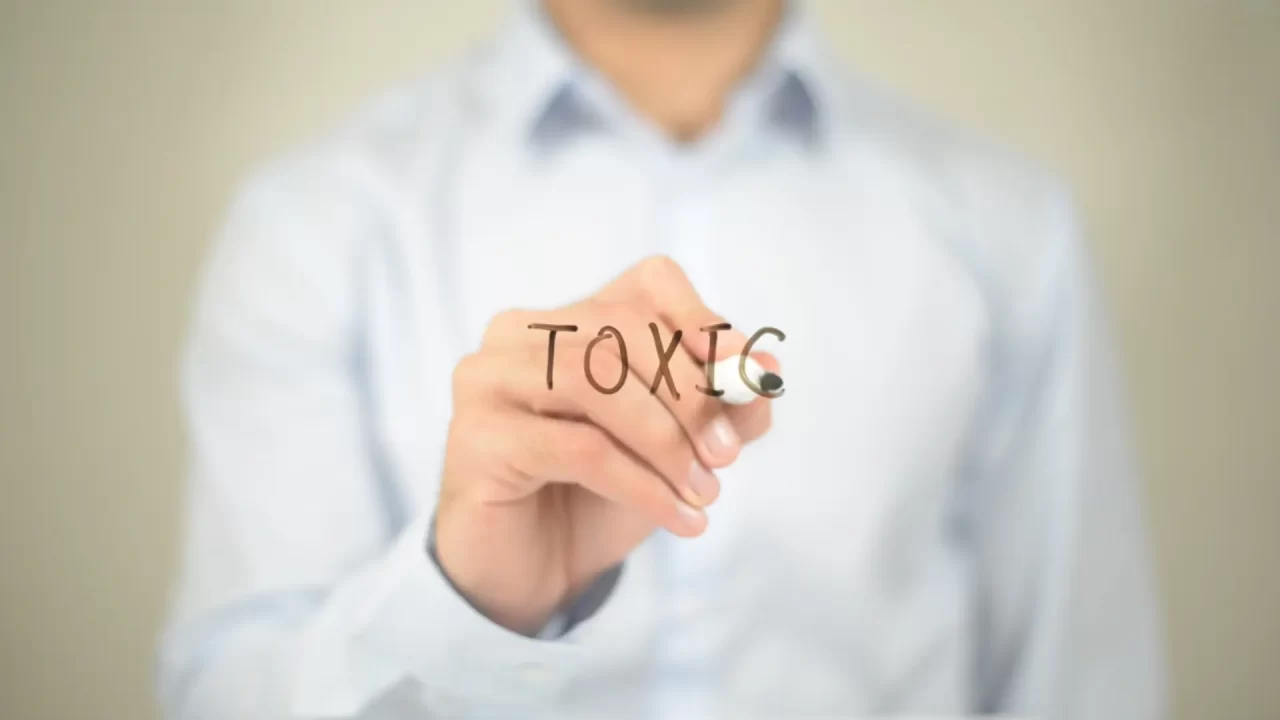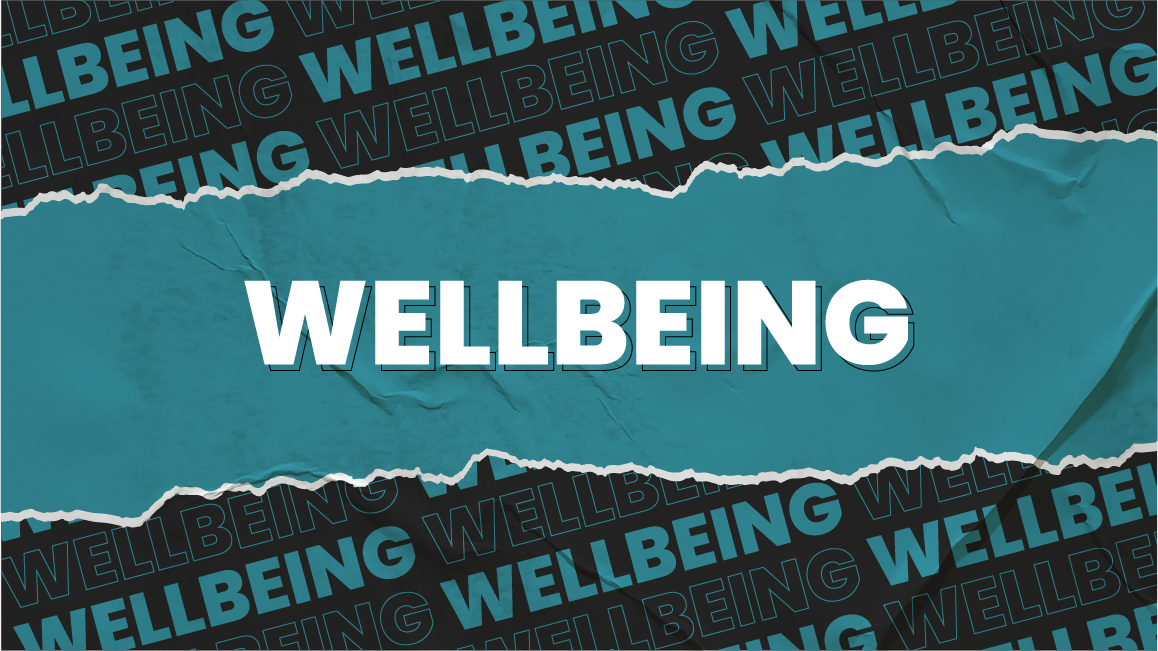What Is Toxic Positivity?
Toxic positivity is the view that one must always look on the bright side of life, no matter how bad things get. It’s a “positive vibes only” lifestyle. While it’s true that there are advantages to maintaining an optimistic outlook and practicing a positive mindset, poisonous positivity avoids dealing with negative feelings in favor of projecting an upbeat, fake smile.
A healthy mental state begins with a healthy positive outlook in life, which we can all agree on. Unfortunately, life isn’t always rosy. We all have to deal with distressing feelings and memories. As terrible as they may be, these feelings are yet vital, and it’s essential to acknowledge and work through them without shame or avoidance.
This toxic positivity outlook not only emphasizes optimism but also downplays and rejects the existence of any human feeling that isn’t entirely upbeat and cheerful.
The Difference Between Positivity And Toxic Positivity

Toxic Positivity
Toxic positivity is a word that indicates “you must always be optimistic, no matter what.” It’s another way of expressing “push through it” at whatever cost suppressing negative emotions. It is not merely being optimistic. It’s an unhealthy way of being happy.
Healthy positivity is the ability to cope with bad own emotions using positive thinking tactics without ignoring the existence of suffering.
Toxic positivity obstructs your growth in life. Healthy positivity instills meaning in your life.
When Toxic Positivity occurs, several things can happen.
Downplaying sadness, putting off difficulties, avoiding worry, hiding feelings, and faking it until you make it instead of addressing it are all harmful methods. Instead of being listened to or welcomed, the person agony for their feelings.
Here are some instances of how Toxic Positivity sounds like:
- “Stop putting yourself down.” The accuser believes you’re excessively emotional.
- “Others have it worse. Compared to relieving pain.” Ungratefulness is associated with negativity.
- “Did you give it everything you had?” It makes your efforts seem useless.
- “Yes, you can” when you can’t or don’t want to do anything. Yes, if someone replies; nevertheless, this may disguise a disability, trauma, mental health, or other concerns.
Toxic positivity is cruel. It devalues the core problem by urging you to disregard your own feelings. It thinks that willpower is the remedy to all issues. It emphasizes intolerance for dealing with emotions. It shames the individual who is having an emotional experience when that person may require assistance.
When we are at our lowest, we don’t always hear what we need to hear. We have to tell ourselves such things.
Positivity

Here are some examples of healthy positivism and things to say to others:
- “I’m right there with you.” You don’t have to have all the solutions, but you should let the person know they’re not alone.
- “I’m not sure why this happened, but I’m sure you’ll put it to good use.” This one still does not presuppose an end to their pain, but it does remind them that they still have some say or influence over it.
- “I’m very sorry.” Straightforward and to the point.
own negative emotions/
Rather than merely encouraging positive emotions, which enables them to white-knuckle their way through their agony, you are informing them that they are not alone and do not need the answers to their situation to find peace or meaning. That gives them confidence by not being judged.
Why it’s harmful?
People going through tough situations shouldn’t be subjected to toxic positivism. People sometimes feel their emotions are not taken seriously or even rejected when they try to express them.
It’s shameful: people in distress need reassurance that their feelings are understood and that they have support from loved ones. People say it’s OK to suppress their emotions in a toxically positive environment.
It makes you feel guilty: It’s depressing because it implies failure on your part if you can’t muster up optimism in the face of adversity.
It avoids real feelings: by observing this sort of conduct, people might avoid potentially upsetting interactions with sensitive others. However, we may also shift these negative beliefs inside and internalize them. We tend to downplay, ignore, and even reject unpleasant feelings.
It hinders development: While it protects us from experiencing pain, it also shields us from the difficult emotions that might help us mature and gain perspective.
In times of great emotional anguish, the mantra of “good energies only” might feel insincere and insensitive. Telling someone to “look on the bright side” while dealing with financial hardship, job loss, sickness, or losing a loved one might appear harsh.
Choose optimism, even in the face of adversity. No one going through a traumatic experience benefits from being reminded to keep a cheerful attitude or made to feel bad if they aren’t.
Avoiding toxic positivity
You may create a healthier, more helpful approach if you’ve been affected by toxic optimism or identify it yourself. Examples:
- Manage but don’t reject unfavorable feelings. Unchecked negative emotions can create stress, but they can also supply helpful information.
- Be honest about your feelings. Feeling concerned, worried, or afraid is common in difficult situations. Don’t overestimate yourself. Focus on self-care and improvement.
- It’s OK to have several feelings. When facing a task, you may feel scared and hopeful. Your emotions are complicated.
- Listen and help others. Don’t shut down uncomfortable emotions with platitudes. Tell them their feelings are natural, and you’ll listen.
- Observe your emotions. Following “positive” social media accounts can be inspiring but pay attention to how you feel after viewing such stuff. Toxic positivity causes shame or guilt after viewing “uplifting” postings. Consider minimizing your social media use.
Let yourself feel. Permit yourself to feel uncomfortable feeling. It can supply information and assist you in recognizing problem areas.
Not every feeling warrants action. Before acting, it’s vital to sit with your feelings and understand the circumstance. Kirkland said research shows avoiding their own negative emotions makes individuals feel worse later.
When you’re going through something tough, find useful ways to express your feelings. Journalize. Friend up. Putting unpleasant sentiments into words might reduce their intensity, research shows.
Final Thought
Mindfulness of one’s identity and impact on the world is essential to a balanced human existence. If you realize you’ve been spreading poisonous optimism, it’s time to stop. By sticking to such a narrow worldview, you endanger yourself and the people you care about the most. To avoid the negative effects of toxic optimism, you should work toward emotional stability and learn to embrace your whole range of feelings.
We recommend that you establish safe boundaries with anyone who criticizes your real-life experiences and speaks their truth if you are a victim of toxic positivity. It is your only shot at this amazing, difficult, and perfectly flawed existence; take full use of it, and you will be rewarded with a rich sense of vitality.

















